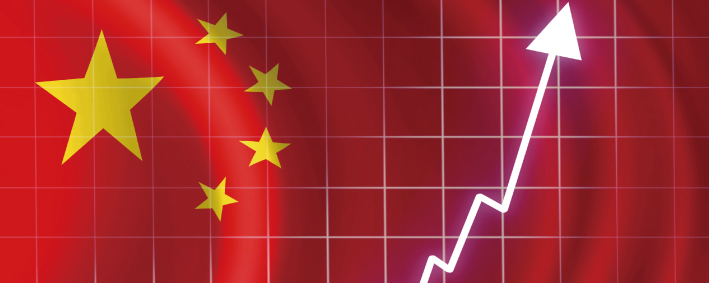 |
CCCH5017 China: Culture, State and Society
|
Course Description
[Lectures and tutorials of this course will be delivered online.]
This cross-disciplinary course examines China’s media evolution since 1978 through sociological, media studies, political science lenses. Students will analyze historical turning points—including the roots of Mao-era propaganda systems, analysing its political, social and cultural foundation and continued evolution. This will be followed by an in-depth look at how Deng’s market-driven reforms infused profit making mechanisms reshaping media practices amid persistent party-state oversight. Case studies and empirical analysis will be used to illustrate how the emergence of new media technology enabled the voice of the people to be heard online, while Xi’s media convergence strategy have amplified public discourse domestically while expanding China’s global influence in the “public opinion battlefield.” By utilizing the “people, propaganda, profit” analytical framework, students will assess how shifting power relations among state, market, and society reshape media practices, public discourse, and cultural norms, while evaluating China’s dual identity as both a controlled media environment and an emerging global information power. The course unpacks the dynamic interplay of political control, economic liberalization, social agency, and technological innovation that simultaneously preserves party authority and fuels cultural transformation by engaging with China’s diverse media forms like newspapers, television, film, the arts, advertising, and digital platforms. The course ultimately reveals how media acts as both a mirror and engine of societal change, offering critical insights into China’s modernization paradoxes.

Course Learning Outcomes
On completing the course, students will be able to:
- Describe the major factors that have driven the transformation of China’s media from a tool for mass propaganda to mass communication.
- Analyze the opportunities and limitations of unfettered media commercialization and profit-making within the framework of sustained Party ideological control.
- Evaluate the emergence of the people’s voice through the ascent of new media, diverse media, and popular culture forms, and assess its role in the growth of China’s budding civil society.
- Appraise the ongoing binary discourse on media autonomy and Party control, utilizing various media studies and sociology theories covered in the course.
Offer Semester and Day of Teaching
Second semester (Wed)
Study Load
| Activities | Number of hours |
| Lectures | 24 |
| Tutorials | 10 |
| Reading / Self-study | 26 |
| Assessment: Essay / Report writing | 50 |
| Assessment: Presentation (incl preparation) | 20 |
| Total: | 130 |
Assessment: 100% coursework
| Assessment Tasks | Weighting |
| Project | 25 |
| Written assignment | 30 |
| Tutorial presentation and participation | 45 |
Required Reading
- Burgh, H. (2020). China’s Media in the Emerging World Order: how they came to be a powerful new force in media. Legend Press, Chicago. Available from: ProQuest Ebook Central. From https://ebookcentral.proquest.com/lib/hkuhk/detail.action?docID=6321042
Course Co-ordinator and Teacher(s)
| Course Co-ordinator | Contact |
| Dr L.F. Cho Department of Sociology, Faculty of Social Sciences |
Tel: 3917 4641 Email: lifcho@hku.hk |
| Teacher(s) | Contact |
| Dr L.F. Cho Department of Sociology, Faculty of Social Sciences |
Tel: 3917 4641 Email: lifcho@hku.hk |

